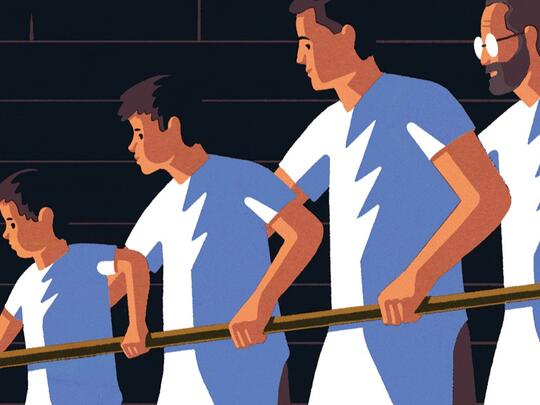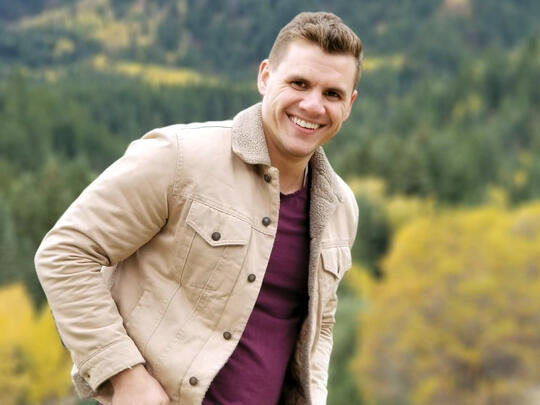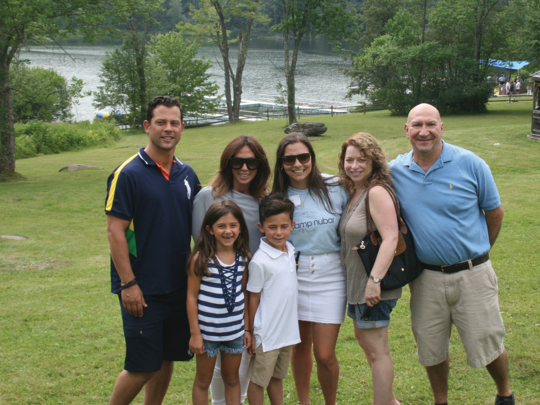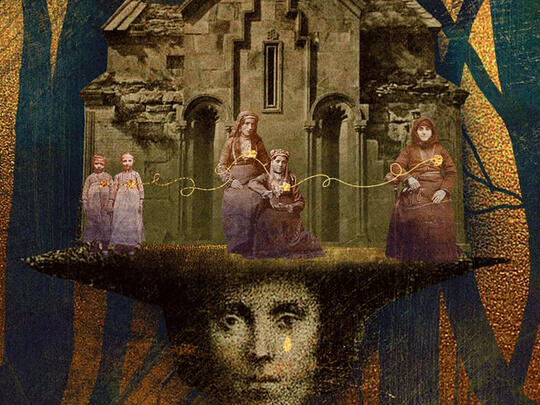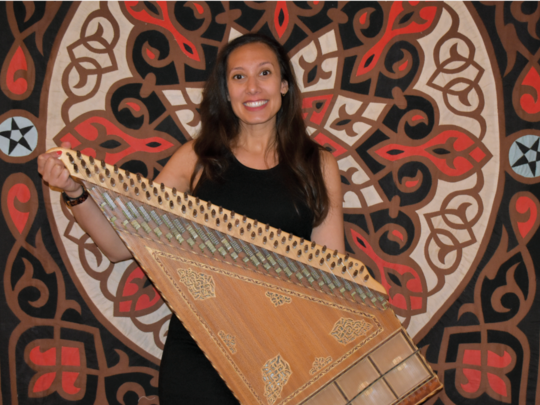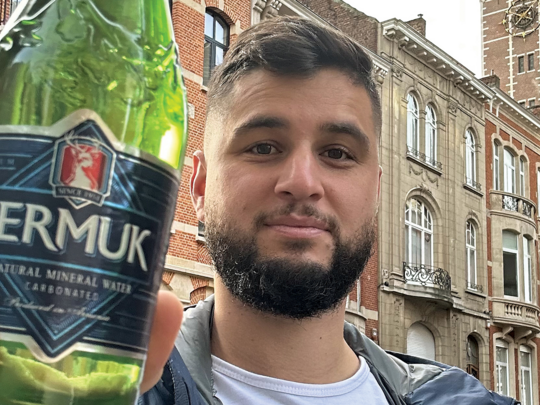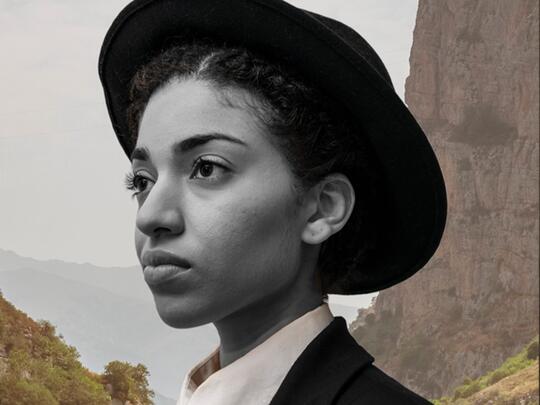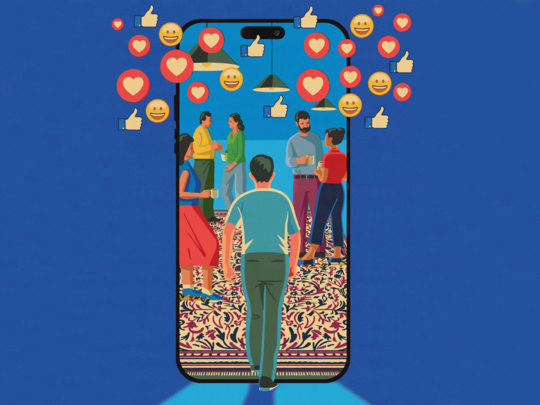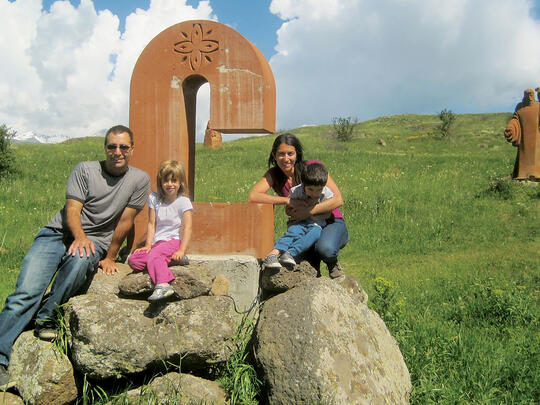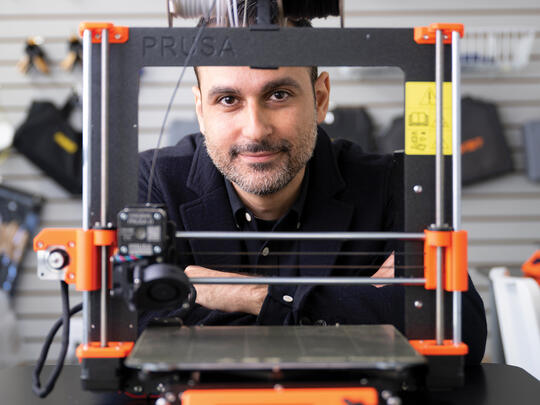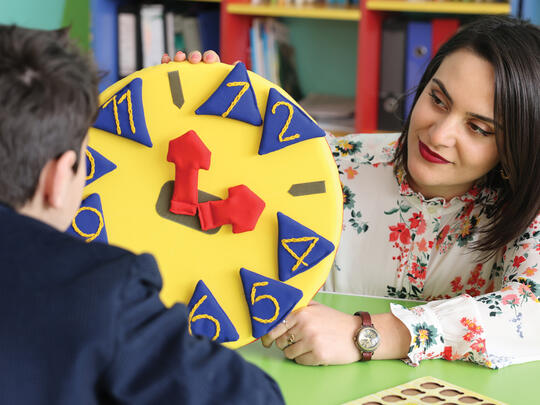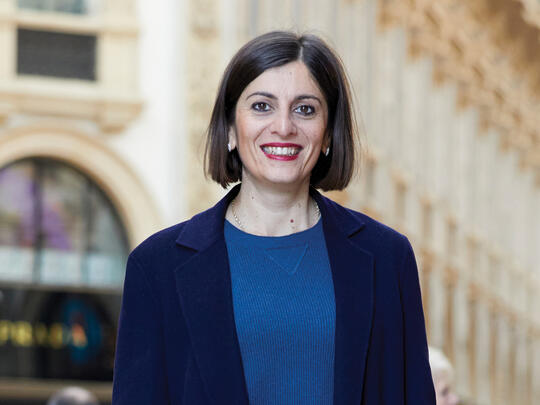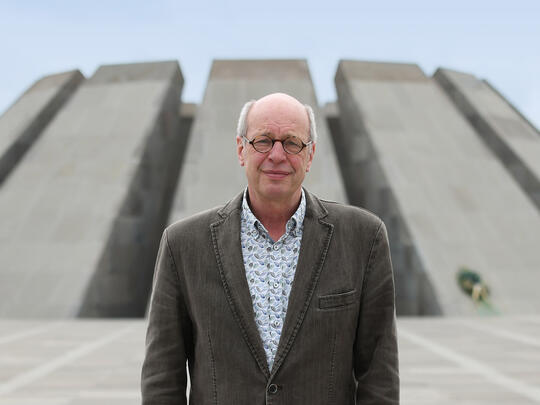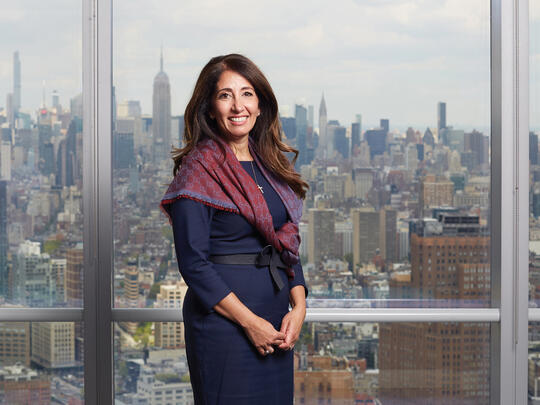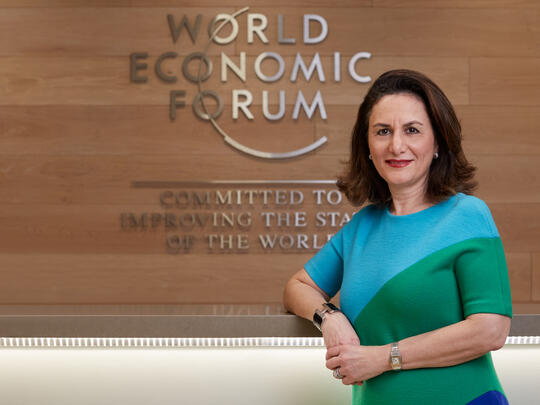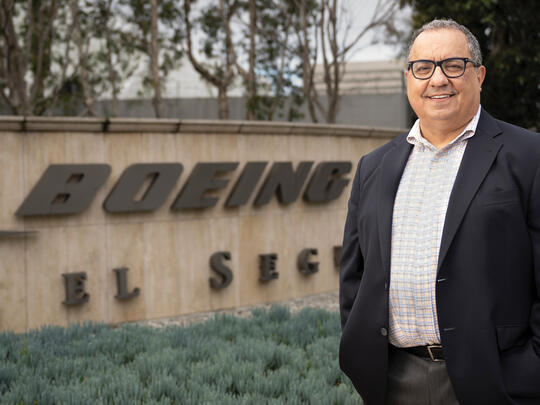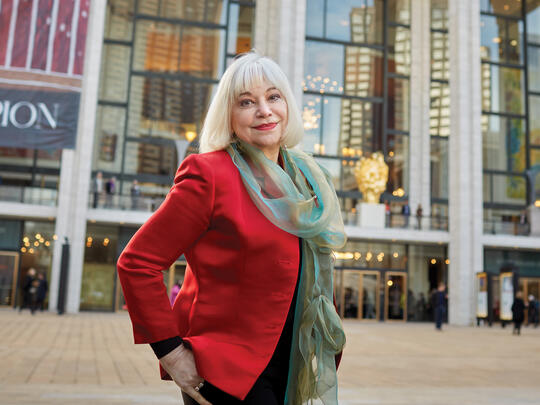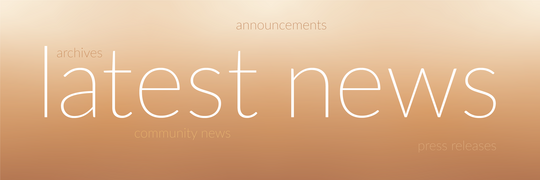
AGBU "Voices of Truth" Series Puts a Human Face on the Artsakh War
Modern-day historians, journalists, and human rights advocates tend to agree that eyewitness testimonies by ordinary civilians and victims of war are a valuable dimension of the multi-faceted process of documenting and analyzing evidence for the purpose reporting news, prosecuting war crimes, settling historical disputes, or identifying causal factors of natural or manmade disasters.
The 44-Day Artsakh War of 2020 is one such event that demands a thorough accounting of the realities that unfolded in the fog of combat, the chaos of emergency evacuations, and the emotional traumas of losing loved ones or being torn from a deeply rooted way of life as a refugee.
“AGBU’s Voices of Truth is an initiative designed to put a human face, name, voice and life story behind the cold stats of a war whose perpetrators have repeatedly manipulated to demonize and dehumanize an entire indigenous ethnic minority,” said Arda Haratunian, a New-York based strategic communications expert and member of the Armenian General Benevolent Union (AGBU) Central Board. “It also serves to provide the victims with a safe space in which to process their traumas, grief, and deep frustration that the world has turned a blind eye to their plight,” she added.
California-based human rights activist Bonnie Abaunza points out that oral history projects like Voices of Truth are essential “not only to gather and record historical narratives, but also to offer insights into how violence and trauma affect every aspect of individual and communal life after the violence and conflict end.”
She goes on to say, “Audio, video and text interviews with survivors serve as a vehicle for healing and to educate the international community on the lasting effects of civil wars, ethnic cleansing and genocide. The hope is to compel the world to take the moral responsibility to prevent future crises and hold those who commit war crimes and crimes against humanity accountable for their actions,” Abaunza stated.
Recognizing that time is a critical factor in gathering reliable accounts of wartime victims, AGBU took swift measures to obtain numerous first-hand accounts among a diverse group. “We interviewed women and men of varied ages, locations, occupations and familial status,” said Anouch Toronian, the deputy mayor of Paris and executive director of the AGBU Paris office, who spearheaded an outside observer group from across Europe called AGBU YERIA. Journalists, young human rights activists, cultural personalities, and local officials from diverse countries made two trips to Armenia and Artsakh (the Armenian name for Nagorno-Karabakh) with the goal of reporting back to their home countries the first-hand knowledge they gained from tours and interviews conducted on the ground.
The on-camera testimonies—edited for time and viewer comprehension—are recounted in the native Armenian language and translated to English and French subtitles for the purpose of reaching a spectrum of stakeholders across the globe—from historians and diplomats to human rights agencies, international media, students and genocide prevention activists—essentially all those who value factual accuracy in the quest for truth, justice, accountability and, ultimately, peace and reconciliation.
The 16 individuals interviewed appeared eager to share their experiences and perspectives starting from the day of the first attack by Azeri forces on Armenian controlled Nagorno-Karabakh to the final days before the Russia-brokered ceasefire between Armenia and Azerbaijan was signed on November 9, 2020. Also interviewed are a volunteer physician from California and a young Armenian soldier healing from a battle wound.
The organization is also making a concerted effort among Armenian communities worldwide to encourage them to share these accounts through their own circles and networks. Back in New York, Haratunian said, “It is essential that the world community sees Armenians for who they really are—not as objectified targets of enemy propaganda but as human beings with extraordinary resilience who got caught up in the jaws of war.”
Over a century ago, the survivors of the Armenian Genocide lacked the resources, tools and outlets to bring their stories directly to world attention until many decades later when oral histories became an accepted tool to support scientific historical documentation. By that point, the survivors were well into their elder years and Turkey’s revisionist history campaign was well entrenched in the international media. “For this reason, it was imperative for us to act quickly to capture these first-hand accounts while still fresh. Equally important was translating the accounts for global consumption,” she emphasized.
For some of the subjects interviewed, it was difficult to suppress involuntary eruptions of raw emotion while recounting the smallest details—like a boy’s attempt to shield himself from missiles by hiding under a small umbrella or describing a once picture-perfect forest decimated by white-phosphorous chemical weapons. Those interviewees who experienced the Artsakh War of the 1990’s and the 2016 Four-Day War were still in shock over the high-tech weaponry used by the enemy this time around, especially the chemical and illegal weapons, drones and cluster, with the support of jihadist mercenaries recruited by Turkey.”
Nadia Gortzounian, President of AGBU France and creator of the YERIA initiative, says the net takeaway focuses on the victims: “At the core of this exercise is showing these innocent civilians that what they experienced and how they feel about it actually matters to others. Through their narratives, they are participating in their own redemption. This gives them a sense of agency that helps mitigate the typical feeling of helplessness and victimhood.”
She also posited that sharing these stories raises deeper awareness and insight on the severe consequences of war on innocent lives, emphasizing how so many Armenian children witnessed this merciless war waged by Azerbaijan. “They will bear the invisible scars and unhealed emotional wounds for a long time to come. The high price of war is often paid by future generations.”
To watch the interviews and share them with appropriate viewers, go to: www.agbu.org/voicesoftruth
Please note that archived content may appear distorted as it has been stripped of formatting and original images.



